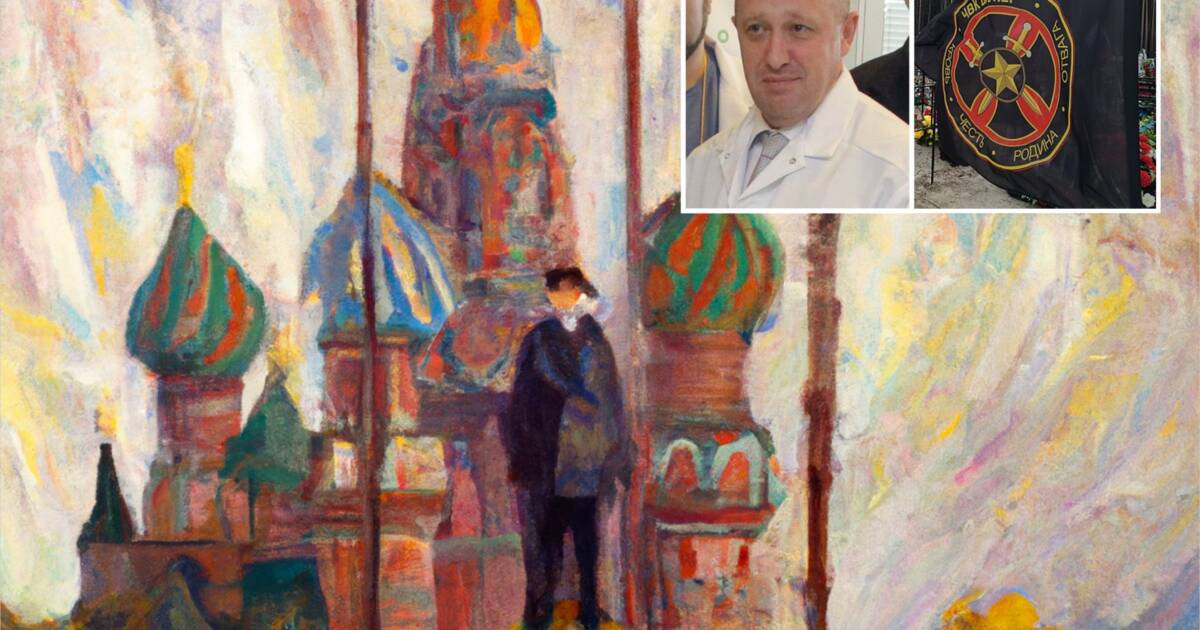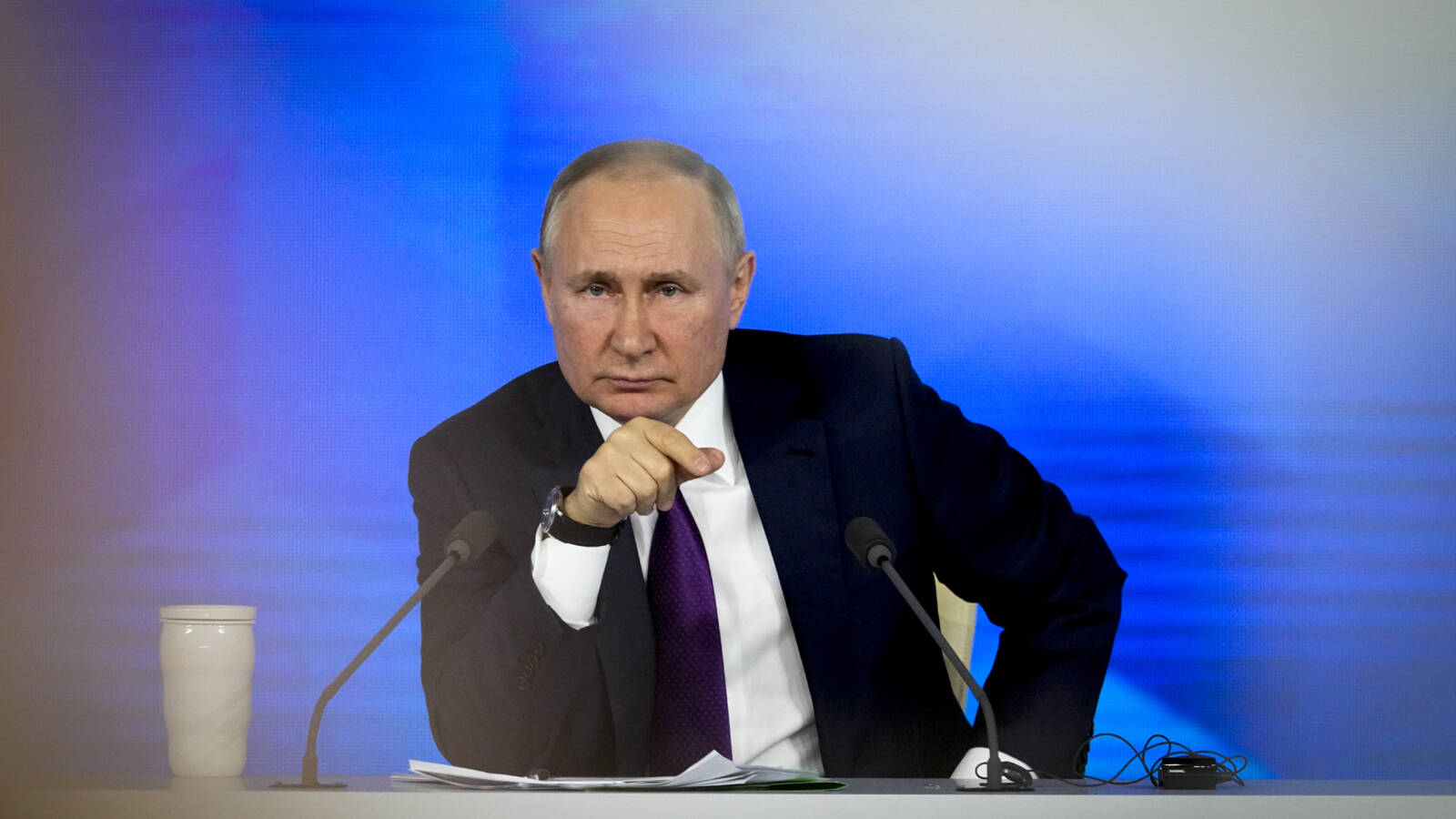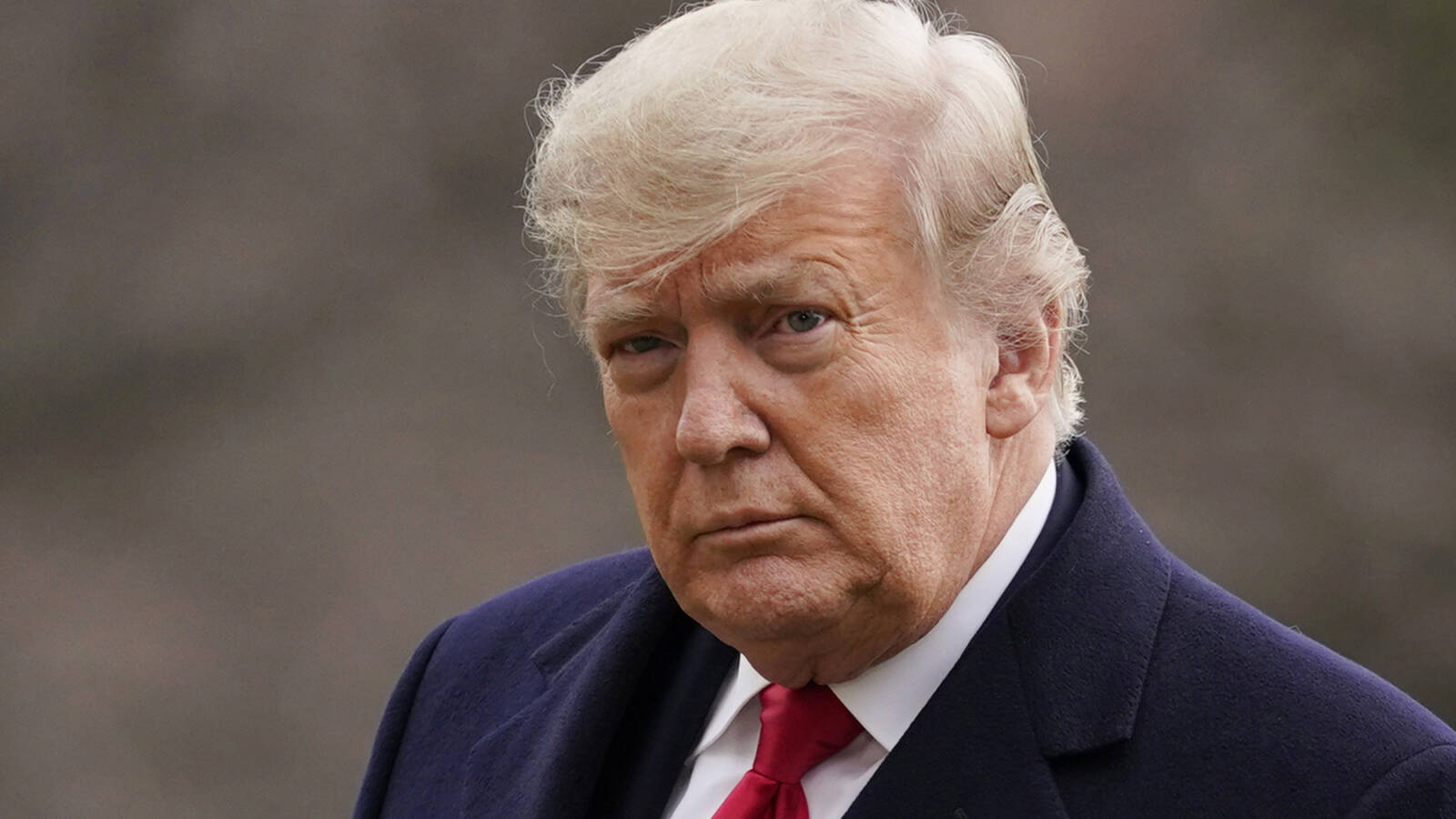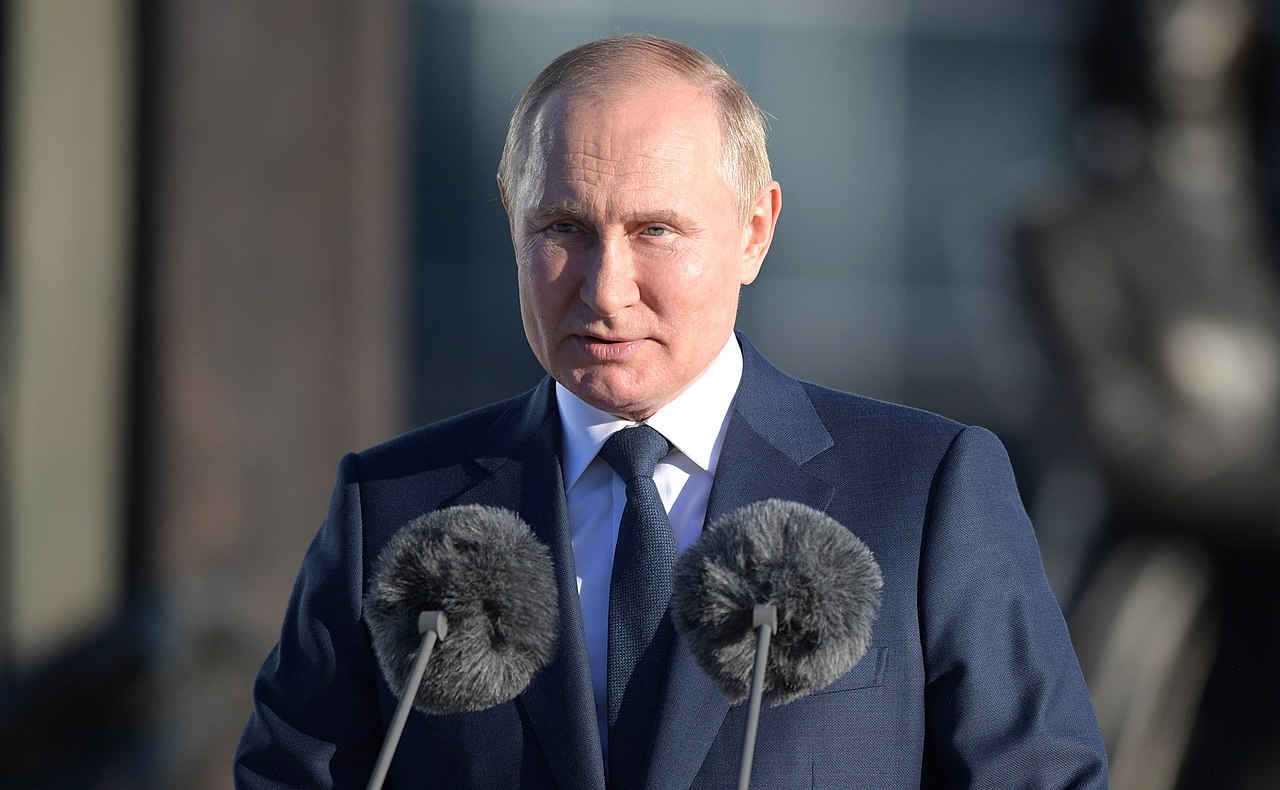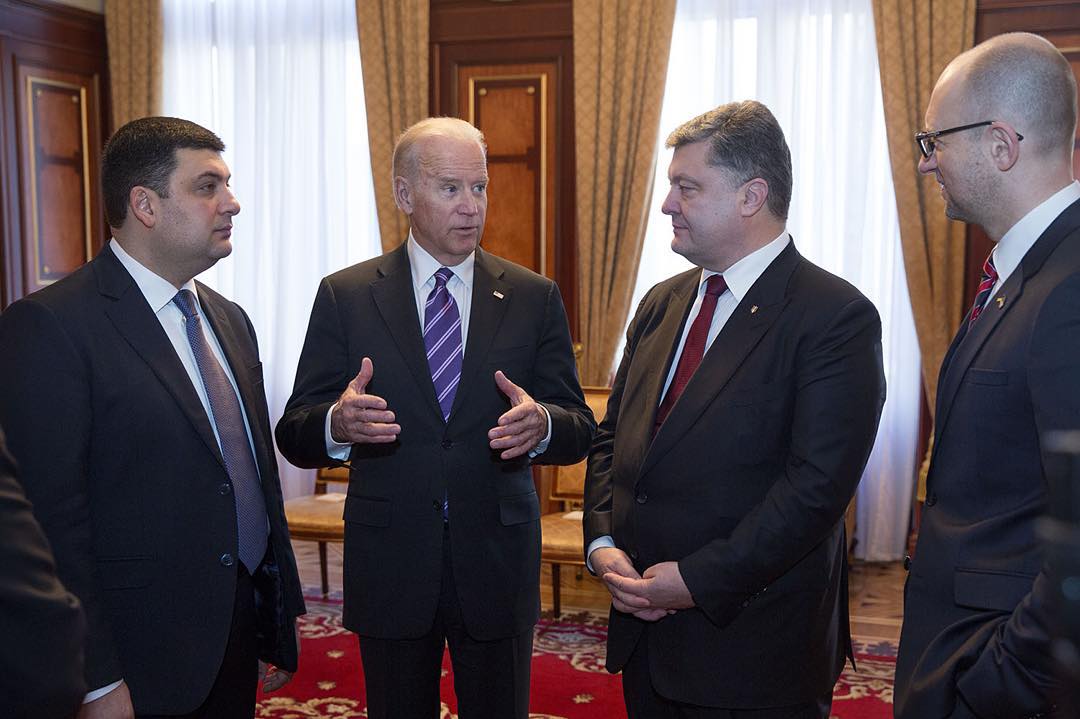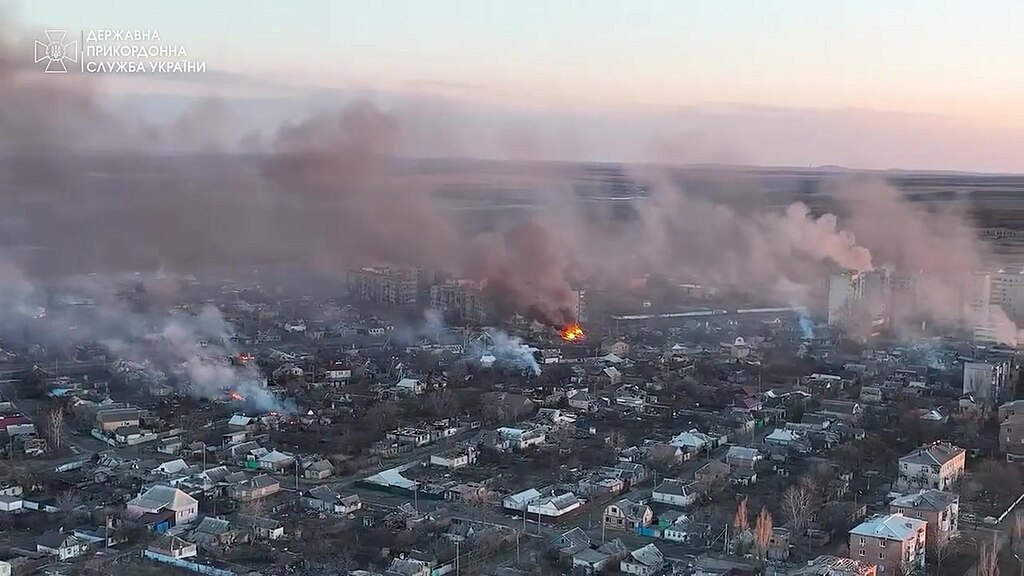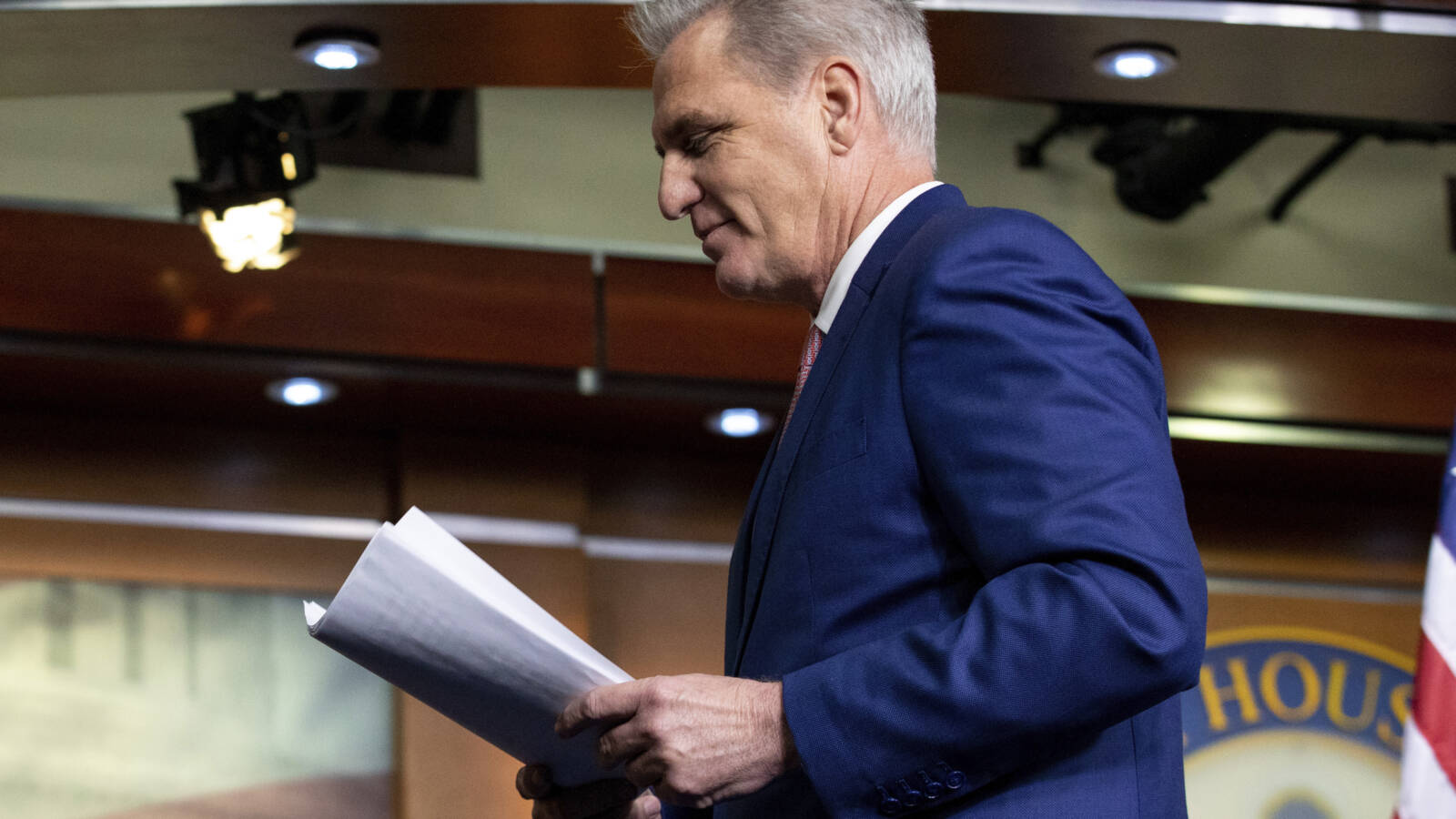Yevgeny Prigozhin is known as “Putin’s chef.” In America the term would be “a fixer,” kind of like Roger Stone. if Stone had access to advanced military hardware and could raid prisons to build a gang around a core of professional thugs. In Russia, this is not an uncommon arrangement. Russian omnicrat Vladimir Putin himself was the product of the fixer culture, raised up into politics through the KGB. Putin compared the events of the last 48 hours to the 1917 end of the tsarist regime.
The last time Russia—then the Soviet Union—suffered a putsch attempt was on August 18, 1991. While Mikhail Gorbachev was on vacation at his dacha (ironically, in Crimea), the coup plotters, including Premier Valentin Pavlov and Vice President Gennady Yanayev, announced the State Committee on the State of Emergency (GKChP), cut all communications (including nuclear command and control) to Gorbachev’s dacha, and demanded his resignation. Gorbachev refused.
Yanayev proclaimed himself acting Soviet President, while the GKChP cracked down on all media. Two days later, a plane carried a delegation of GKChP officials and armed security to Crimea. Gorbachev refused to receive them. Yanayev lost his nerve, and the coup failed. Three of the coup plotters committed suicide. Yanayev served a short time in prison, and was released in 1993, claiming he was drunk when he signed the decree granting himself power. He was pardoned in 1994, and spent his life in Moscow until his death in 2010.
I don’t pretend to be an expert on Russian culture or politics, but I do know this: The fatalist streak that compels Jews of Russian heritage to black humor has its root in Russia. Russians have dealt with tsars, coups, revolutions and intrigues for a millennia, and millions of lives have been spent in service to the cycle of oppression, revolution, vengeance, and a return to oppression.
In 1825, Tsar Alexander I died, leaving his brother Constantine as the heir. Constantine abdicated, handing the throne to younger brother Nicholas. Many army officers didn’t like Nicholas, for his obsession to detail and micromanagement. As an autocrat, Nicolas could be insufferable. These officers refused the oath of loyalty to Nicholas I, preferring to overthrow the state in a coup d’état. Alexander Sergeyevich Pushkin was a Russian intellectual, Romanticist and poet who influenced these young officers with his poem Ode to Freedom.
The group known as the Decembrists picked Prince Sergei Petrovich Trubetskoy, a noble and intellectual, and also a supporter of constitutional reform and the eventual elimination of serfdom, as their leader. Their ill-fated plan was to gather their regiments at Senate Square in St. Petersburg during the oath of allegiance to Nicholas I, refuse the oath, and call for a constitution. Except most of the regiments lost their nerve and vanished. Trubetskoy himself stayed away. Nicholas ordered his troops to open fire on the remaining rebels, resulting in 121 officers exiled to Siberia and five hanged. Trubetskoy was sentenced to hang, but the tsar showed mercy and instead exiled him with his wife Ekaterina Laval (heiress to a okolnichy fortune) to the Nerchinsk coal mines. In 1856, after her death, Trubetskoy was granted amnesty along with the other surviving Decembrists.
All of this is important in context.
Yevgeny Prigozhin is one in a long line of Russian revolutionists who can only think about two inches ahead of their own noses. He had, at his command, about 50,000 troops of varying degrees of loyalty. Wagner soldiers were better compensated than Russian troops, at least in terms of improving their conditions. Many were culled from prisons, and had their parole conditional on serving in Wagner. Some were simple street thugs. Others were former Russian special forces operators. In Russia, if the choice is between serving in Ukraine as a Russian meat shield, or operating under a trained operator, with proper ammunition, support, and tactics for Wagner, many Russians chose Wagner.
Prigozhin protected his position as the leader of Wagner by demanding to cut through the corruption and endless bureaucratic hurdles of the Russian military, to get his troops what they need. But eventually, even those efforts fail because the Russian system is simply too corrupt. Faced with a revolt from within, Prigozhin suddenly became a reformist without thinking ahead beyond his next move.
Stephen Kotkin, biographer of Joseph Stalin and well-regarded Russia historian told Foreign Affairs: “Prigozhin is improvising.”
Prigozhin is himself a criminal, having served somewhere around nine years for murder and rape. His operators know no bounds of depravity, but they also know little in the way of courage or loyalty beyond saving their own lives or getting what they can.
What’s interesting here is that like most Russian revolutionaries, Prigozhin is a romantic figure. He comes from a higher social strata than Putin, who was a working-class KGB recruit. His Russian is better than Putin’s, according to Kotkin. Now Prigozhin is in Belarus, an exile, but exiles can be very dangerous should they return.
I don’t trust Russia in general, and I don’t trust Putin or anyone working for him in particular. It’s very probable that there’s more to this “deal” that sent Prigozhin into the arms of Alexander Lukashenko, president of Belarus, which now has Russian nuclear weapons on its soil. Putin is “weakened” according to the consensus view of the media’s contact sheet of Russia-watchers. But at least for now, he’s rid of the man who challenged him, without imprisoning that man. And Russia has control of the 50,000 thugs who work for Wagner. Those Wagner men have no leader to protect them.
This isn’t necessarily a “bad” thing for Russia, that is it could be a potential “offramp” for Putin to end the unpopular and increasingly unwinnable war. If Putin ended the war, what would happen to those gang members, now well-armed and combat seasoned? How could they re-integrate into society, except as more effective criminals? Prigozhin’s exile gives Putin a window to deal with Wagner troops. And eventually, like Nicholas I pardoned Prince Trubetskoy, and Boris Yeltsin pardoned Yanayev, Prigozhin could return, having been rehabilitated and forgiven by Putin.
So it is very possible that the dead-end coup that Prigozhin began turned into a cooperative “deal” that could benefit both men. Putin can reassert control over the Wagner thugs, even perhaps try some for war crimes (which are well documented), and take a larger share of Wagner’s blood diamond trade money, while offering Prigozhin the chance to retain his generous share without paying his Ukraine troops, which are surely a drain at this point.
In the meantime, Prigozhin gets to cool his heels in Belarus, kept under wraps by Lukashenko, until Putin gives him the nod. Putin also gets to blame the entire coup scenario on Defense Minister Sergei Shoigu, who fled Rostov while Wagner troops took over. The Moscow Times reported Sunday:
Shoigu’s group is on the verge of collapse, and Sergei Kuzhugetovich himself is in disgrace and, most likely, will resign,” said the widely followed Telegram channel Preemnik.
Most Russian coup attempts end in failure, yet Russians still attempt it. It’s about fatalism. Russian writer Misha Firer seems to get the gist of things best, writing in his Quora answer:
By the same token, Prigo believes that Putin as the tsar of Russia is Fate. He has no right to change the natural course of things lest he’d be damned for eternity. This is far worse than causing fifty thousand deaths of foes and friends in Bakhmut Meat Grinder!
Prigo heads into exile in Belorus like a Decembrist.
Remember though, all the Decembrists (the ones who survived) were pardoned. As were the 1991 coup plotters. In Russia, there’s always a future for revolutionists who fail. At least the ones who survive. Prigozhin, so far, is a survivor.
Follow Steve on Twitter @stevengberman.
The First TV contributor network is a place for vibrant thought and ideas. Opinions expressed here do not necessarily reflect those of The First or The First TV. We want to foster dialogue, create conversation, and debate ideas. See something you like or don’t like? Reach out to the author or to us at ideas@thefirsttv.com.

